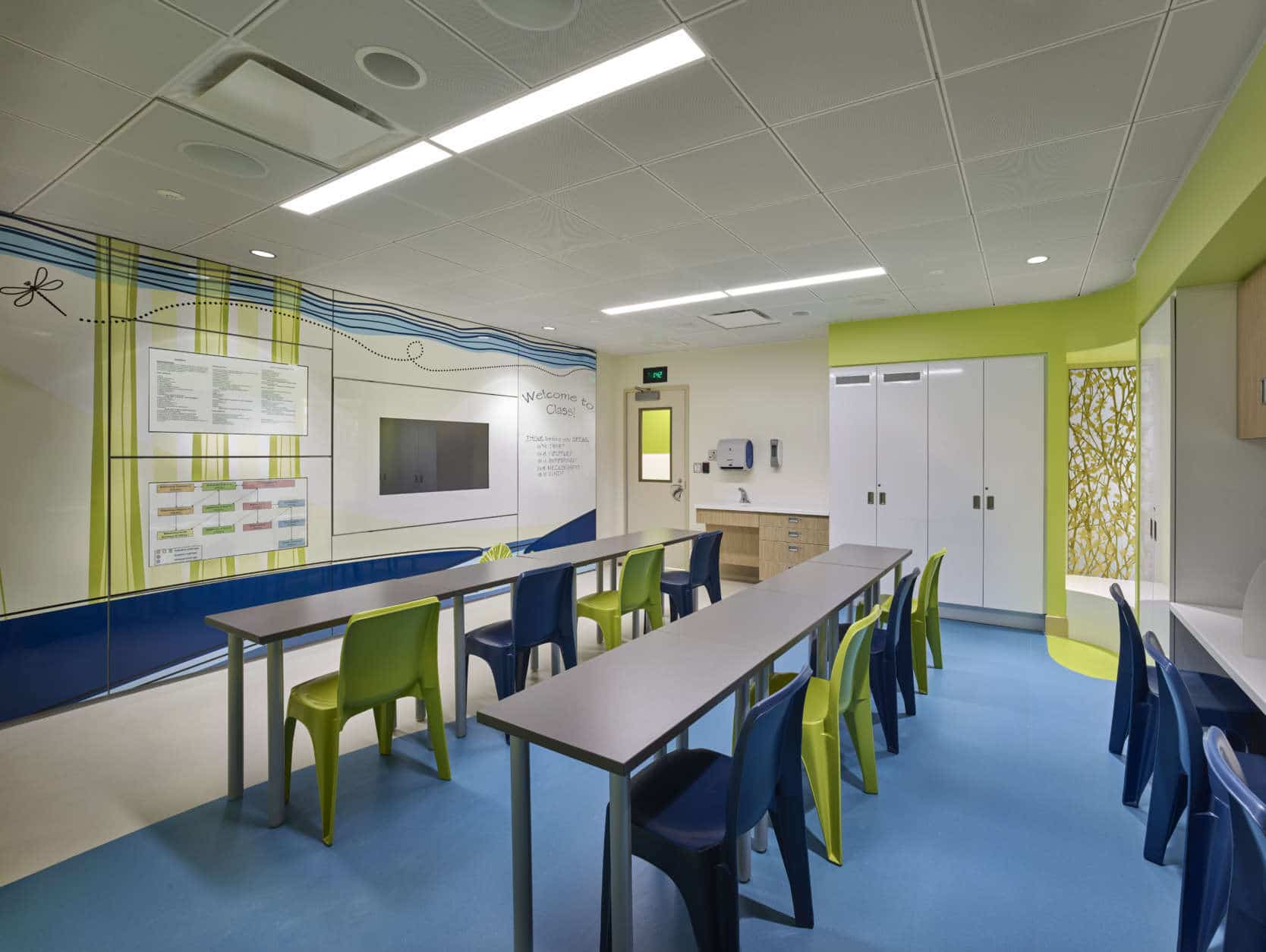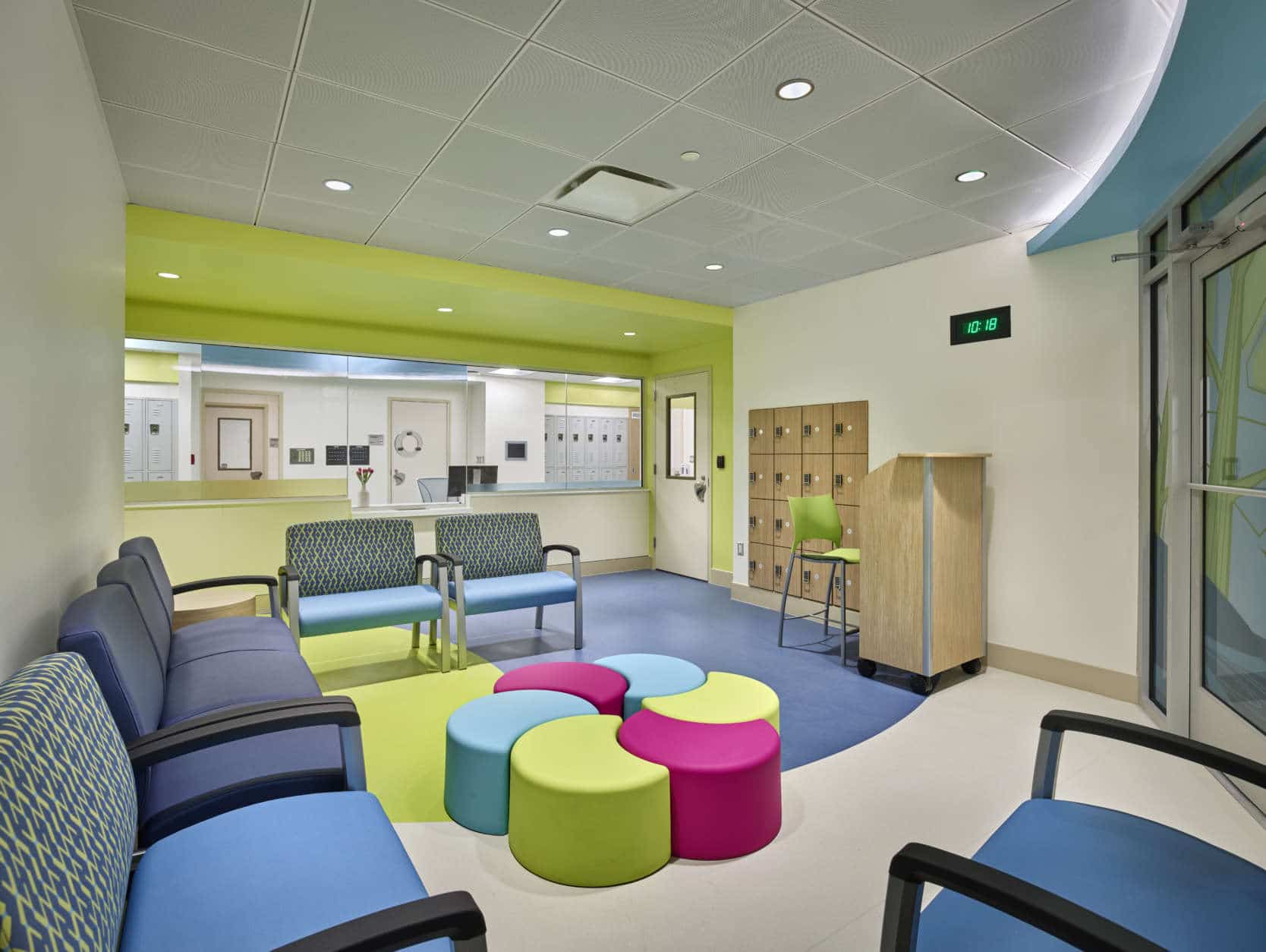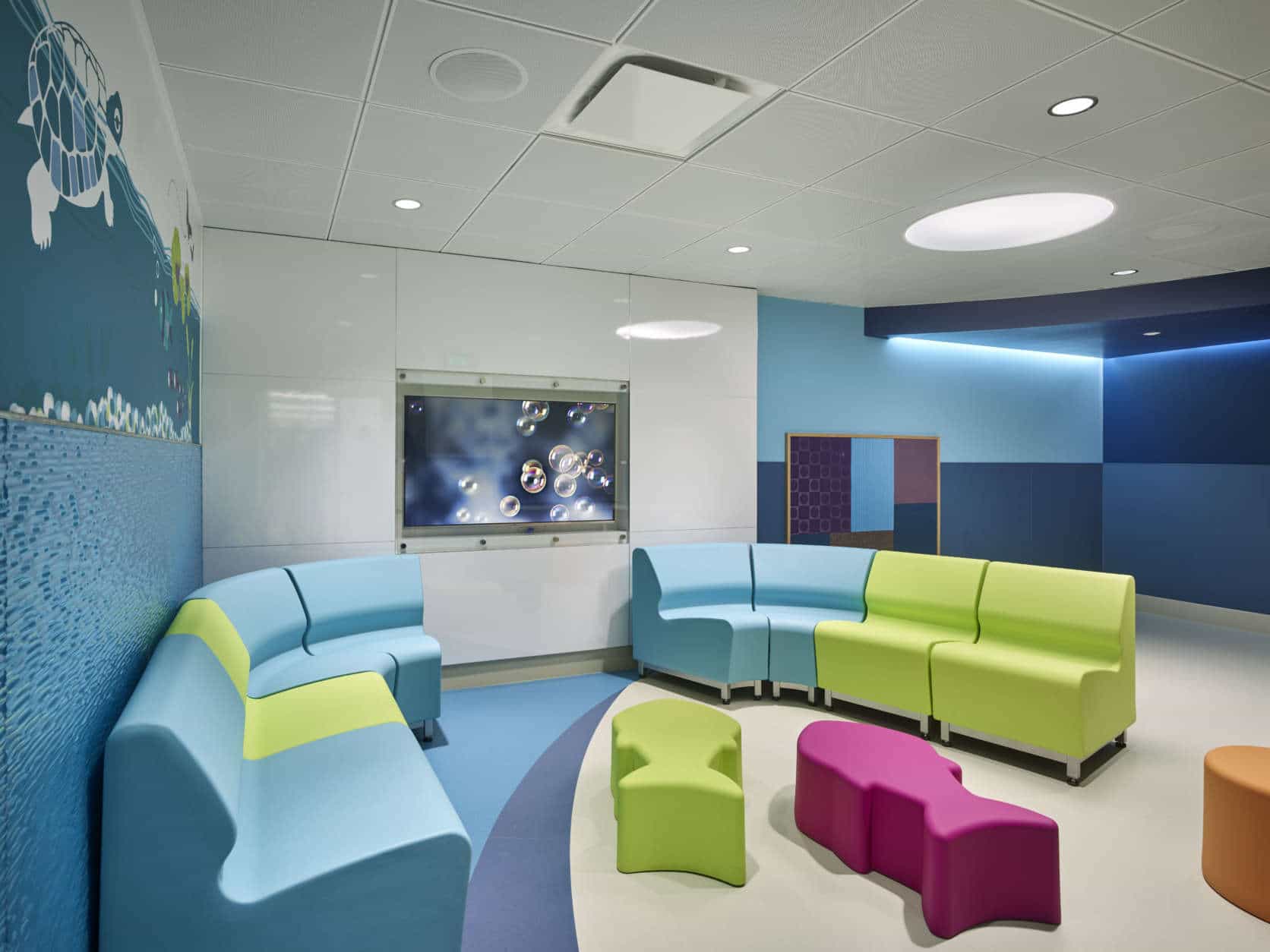WASHINGTON — One in five teenagers in the United States will struggle with a mental health issue. As a result, Children’s National Health System has revamped its inpatient psychiatry unit.
“We’ve redone all of our other medical units in the new wing of the hospital, and so it was psychiatry’s turn to be updated and renovated,” said Dr. Adelaide Robb, chief of psychiatry and behavioral sciences at Children’s National Health System.
Robb said families and children will have a new, colorful state-of-the-art inpatient psychiatry unit, complete with multiple single rooms “so that everybody can have their own space and privacy.”










“I think there are still (needs) across the board for inpatient and outpatient services for kids with mental health care needs,” she said.
Last year, Children’s National treated more than 900 kids with mental health issues, about 600 teenagers and 300 people under the age of 13, said Robb. She said they treat children with a variety of health care needs from autism to schizophrenia.
The Medical Director for Municipal and Regional Affairs at the Child Health Advocacy Institute at Children’s National, Dr. Lee Beers, said they’ve had the inpatient psychiatry unit for many years. However, she believes the newly renovated unit will make it a better experience for children and families with a much more supportive and healing environment.
While the psychiatry unit has been physically updated, so has its approach to children’s mental health, said Beers.
She said it’s about identifying and treating mental health issues earlier and making sure families handle children’s mental health just as they would their physical health care.
Beers said that Children’s National really strives to change how mental health care is provided to children and their families.
“There (are) just millions of children and families whose lives have been improved … through good mental health treatment,” she said.
Beers said people often don’t speak out when they’ve had good experiences and successful treatment.
“Those are the important stories we need to share: that mental health concerns are very treatable and outcomes can be very good, especially if they’re identified and treated early,” she said.
She added that people don’t realize how common mental health issues are because people don’t openly talk about what they are going through.
“When you look at numbers, you realize that everybody knows somebody that is touched by mental health issues,” said Beers.
While she agrees that the creation and teaching of a stigma surrounding mental health has been a huge barrier to getting help, she also believes progress has been made.
“We recognize that mental health concerns are one of the most pressing issues for children and families today in our society and as a hospital we feel a special responsibility to addressing that need,” Beers said.







